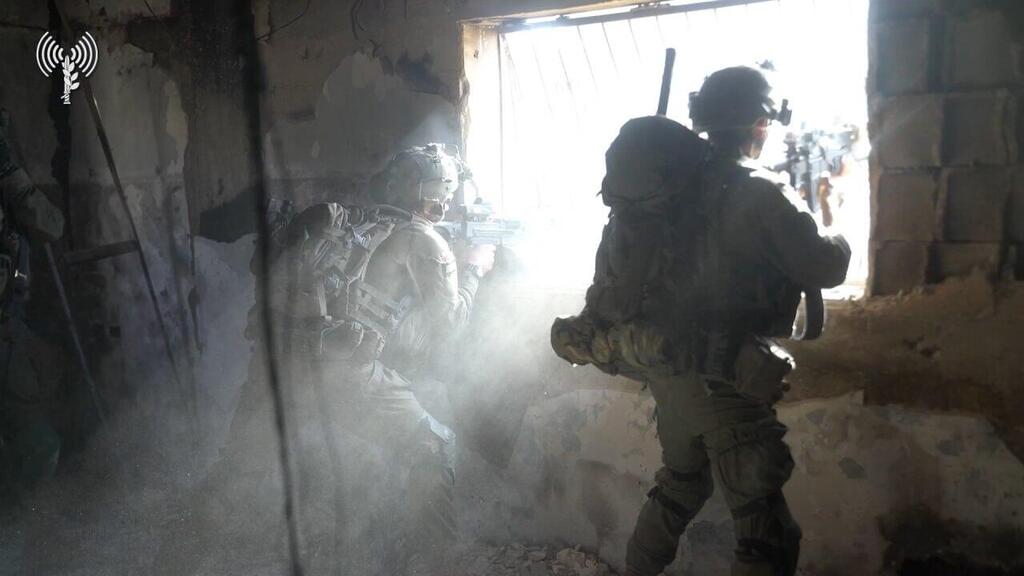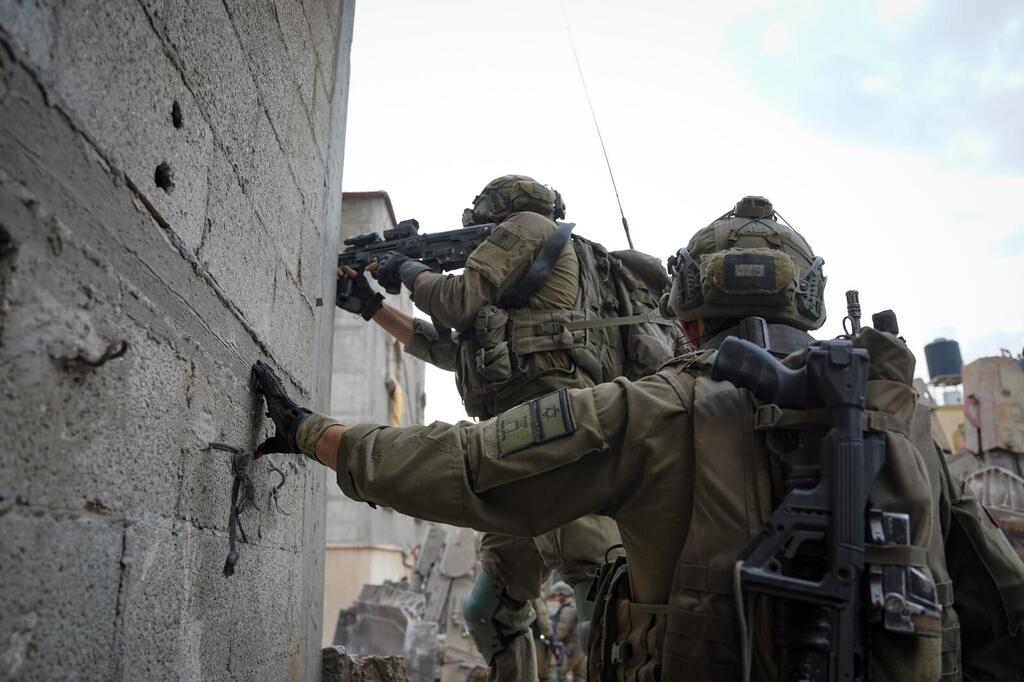Getting your Trinity Audio player ready...
In recent weeks, there has been a lot of talk surrounding the perceived level of security in southern Israel. I aim to challenge the misconception that technology is fundamental to Israel's security paradigm.
More stories:
Central to this flawed perspective is the misguided notion that an increase in technology necessarily translates to a reduced reliance on human intelligence gathering, physical security measures, and the presence of military forces on the ground and along the borders.
Let’s ask ChatGPT a few questions: Can it track individuals on our behalf? Can it observe and discern details in our environment? Can it accurately identify entities for us in any situation? Can it serve as a substitute for or enhance our interpersonal and security skills? Can ChatGPT provide protection against potential threats from our enemies?
Smart borders and smart cities
The fundamentally flawed assumption that increasing technology inherently translates to a diminished need for physical presence in the field has led to a shift in military security concepts.
In the context of rapid technological advancement in recent decades, there has been a growing tendency to move away from traditional strategies involving the deployment of ground forces in favor of intelligence gathering or border protection.
This shift is evident not only in military contexts but also in matters of homeland security and defense for border communities. This includes a reduction in the number of security personnel and a dilution of protective weaponry. Moreover, this trend extends to law enforcement and urban presence, where traditional guards are being supplanted by cameras as part of overarching "smart city" initiatives.
Ever-changing technological landscape
As more and more activities become automated, the significance of human intelligence and physical security skills becomes more evident. Within the Israeli context, both in Israel and for Israeli communities worldwide, prioritizing human intelligence and physical security is crucial. These human skills and security methods should be integral components of military and security strategies, shaping the mindset, methods and concepts employed.
In the Israeli reality, these human-centric skills and physical security methods are indispensable, serving as essential complements to various technological platforms and capabilities.
Regardless of the nature of an operation, even in technologically advanced settings, the inclusion of human reconnaissance, and the deployment of physical security forces remains imperative.
The human factor, technology and deterrence
The intervention of the human factor is indispensable in intelligence and security operations, carrying critical operational and intelligence value. This includes accessing locations, making identifications, delving into details, providing close supervision, focusing on decision-making and contributing to support or complementary activities.
Additionally, the human factor plays a crucial role in deterrence within the security and military realm, recognizing that technology alone does not establish effective deterrence.
The foundational concept of integrating the human factor (such as soldiers, operatives and security guards) alongside technology should not only be confined to military and counter-terrorism endeavors at the border or in hostile regions. It should extend to homeland security, law enforcement agencies combatting drug trafficking and organized crime, Jewish communities and educational systems combating antisemitic activities. This approach is essential in any initiative against adversaries seeking to harm us.
While technology is undeniably present and beneficial, it should not supplant physical security and human reconnaissance skills and activities. The development of physical security and intelligence capabilities should occur concurrently with and complement the use of technology.
The presence of the human factor should be ingrained in an updated and active security and intelligence framework, encompassing methodology, training, proactive plans and on-the-ground presence at the borders and within our civilian communities.
Artificial intelligence and technology are integral and enduring components of our landscape. They efficiently collect and refine information, affording us more time to address critical matters.
 Liran Segal Photo: Courtesy
Liran Segal Photo: CourtesyHowever, over recent years, there has been a continual decline in the utilization of the skills and security concepts associated with human intelligence gathering and physical security forces. Technology, while valuable, can never serve as a substitute for the acquisition and practice of these essential skills, perceptions, and on-the-ground presence.
The south as a mirror image
The underlying misjudgment shaping the security perception in southern Israel over the past decade reflects, to a large extent, a mirror image of our identity as Israelis in this region spanning the last two or three decades.
As a pioneering startup nation with cutting-edge advancements in security, law enforcement and military capabilities, there was an eagerness to substitute every soldier, policeman and security guard with artificial intelligence. Unfortunately, we overlooked the crucial realization that these technologies should complement and work in tandem with the indispensable "boots on the ground."
- The author is a consultant and lecturer in the fields of reconnaissance and covert security operations, with a specialized focus on the human factor within covert operations and the preservation of personal and asset confidentiality





